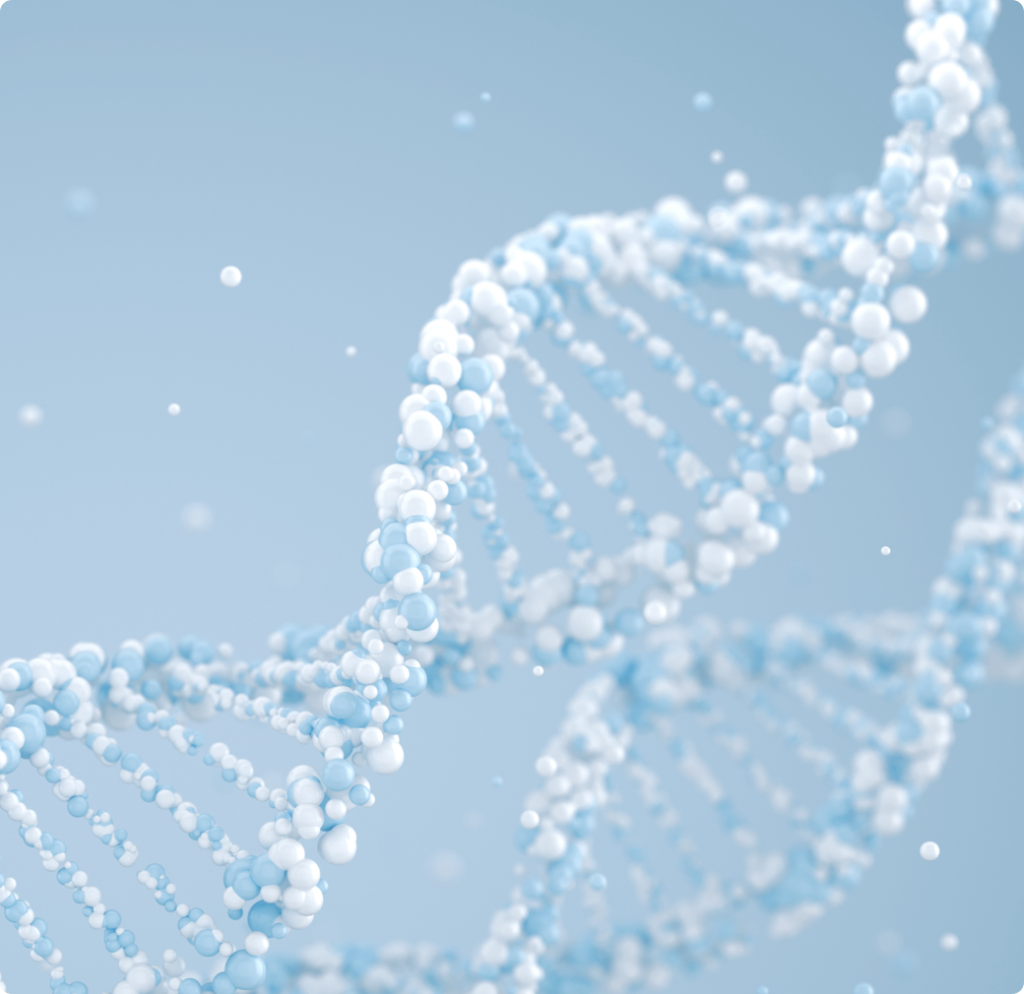
Servier’s Leadership in Mutant IDH Inhibition
THERAPEUTIC AREAS
What is the
IDH Enzyme?
Servier is a leader in oncology driving the science behind targeted mutant isocitrate dehydrogenase (IDH) inhibition. IDH is an enzyme that is best known for its role in the Krebs cycle, catalyzing the oxidative decarboxylation of isocitrate, resulting in alpha-ketoglutarate and carbon dioxide1. The IDH genes are responsible for producing enzymes that are critical to cells’ ability to produce energy2. Mutations in IDH1 and IDH2 are observed in a variety of cancers, including acute myeloid leukemia (AML), glioma, myelodysplastic syndrome (MDS), and cholangiocarcinoma, underscoring their role in the pathogenesis of these cancers.
Servier is dedicated to pushing the boundaries of healthcare innovation, bringing to market targeted treatment options for patients with difficult and hard-to-treat cancers, including the first IDH inhibitor approved in the U.S. for certain patients with IDH mutated AML, cholangiocarcinoma and MDS.
Since the beginning, Servier has taken a patient-centric approach to research and development, listening to the needs of people with cancer who have little-to-no options available. The company is focused on exploring standard-of-care combinations as well as novel combination approaches that target the IDH mutation in new indications such as IDH-mutant glioma.
For more information about IDH, please visit www.IDHlearnmore.com.
Servier is IDH. IDH is Servier.

What is Biomarker Testing?
Over the last two decades, new advancements have made it possible to look very closely inside a person’s genetic makeup to see exactly which mutations are present in cancerous cells. Mutations are changes in the DNA of a cell that can cause a cell to make (or not make) proteins that affect how the cell grows. Unfortunately, certain mutations can cause cells to grow out of control, which can lead to cancer.
By using biomarker testing, which can also be referred to as molecular profiling, scientists have gained a much better understanding of how cancer operates in the body, opening the door to new treatments that best respond to an individual’s specific type of cancer.
An oncologist can use two types of samples to test for mutations: via a liquid biopsy (a blood test) or a tissue biopsy (a sample of tissue taken from the body).
How Can Biomarker Testing Help with a Cancer Treatment?
Biomarker testing has paved the way for more targeted therapies, and it’s important for patients diagnosed with cancer to have open and candid conversations about mutational testing with their oncology team at diagnosis.
Since mutations can play a role in the development of a disease, testing for mutations can help your healthcare team understand which targeted therapies and treatments may work for you.
Here are some questions to ask your oncology team:

[1] Isocitrate Dehydrogenase. Science Direct. https://www.sciencedirect.com/topics/biochemistry-genetics-and-molecular-biology/isocitrate-dehydrogenase. Accessed April 2023.
[2] Phillips, C (2022). “Oncometabolite” Neutralizes Immune Cells Near Tumors. National Cancer Institute. https://www.cancer.gov/news-events/cancer-currents-blog/2022/idh1-cancer-metabolite-blocks-immune-cells#:~:text=The%20IDH%20genes%20are%20responsible,the%20most%20deadly%20forms%2C%20glioblastoma. Accessed April 2023.